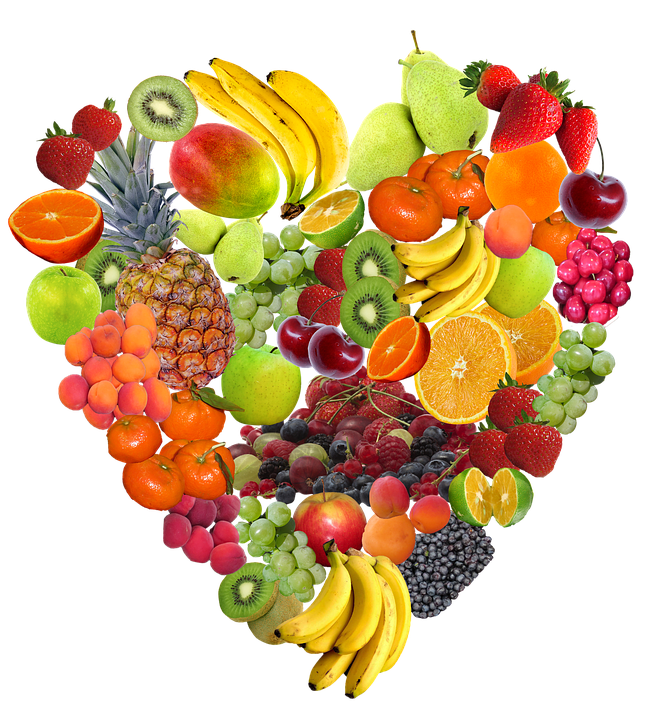Balance cholesterol using healthy lifestyle:
Cholesterol is a waxy substance that is essential for the proper functioning of the body. About 75% of the cholesterol in your body produces by your liver. Similarly, Cholesterol plays a vital role in production of hormones, cell membrane and Vitamin D. Cholesterol requires for good health, for your memory and neurological health. Cardiovascular diseases (CVDs) are a group of disorders of the heart and blood vessels. Diseases include heart attacks (coronary heart diseases), stroke, hypertension, heart failure and other conditions.
Cardiovascular diseases (CVDs) are leading cause of death worldwide, accounting for approximately 18 million death each year. Additionally, there are several risk factors that can contribute to the development of CVDs, including high blood pressure, high cholesterol, smoking, diabetes, obesity and sedentary lifestyle. LDL (Low density lipoprotein) termed as “bad” cholesterol and HDL (High density lipoprotein) termed as “good” cholesterol. LDL cholesterol can build up in the walls of arteries leading to atherosclerosis, while HDL cholesterol helps to remove cholesterol from the bloodstream.
What is triglyceride?
Triglycerides are dangerous if present in extremely high levels in your body. High triglycerides flowing all through your arteries and causing plaque buildup, which can eventually cause clots in your brain or lower arteries, leading to strokes or paralysis of the body. In addition, if you are triglycerides are extremely high, you are in a potential high-risk category and need to make immediate lifestyle changes to bring this down.
Triglycerides levels rise from eating too much of the wrong carbohydrates, fats and sugar, being physically inactive, too much smoking, over consumption of alcohol, being overweight or obese and being constantly stressed.
What is High blood pressure?
High blood pressure is a chronic medical condition characterizes by elevated blood pressure in the artery. Blood pressure is the force exerted by the blood against the walls of the arteries and it is measured in mmHg (millimeters of mercury). Hypertension occurs when the pressure in the arteries is constantly higher than normal. Heart attacks occur from inflammation in your arteries and high blood pressure if it is poorly managed.
When you have poor circulation due to inactivity or have a diet high in sugar and salt and lacking in plants, fruits, nuts and seeds, the endothelial cells in your arteries get damaged. Additionally, Inflammation sets in, as it is the body’s natural response to cellular damage which constricts the arteries and reduces blood flow. Your blood also thickens and because of these you have high blood pressure.
Over a period of time, this inflammation keeps blood pressure high, which can form clots in your brain, arteries and any part of your body and lead to a stroke, paralysis or cardiac arrest. Thyroid gland function, liver detox and cholesterol are connected together. To know more on how to heal thyroid function by balancing cholesterol, read this article, https://sparklinglifestyle.in/heal-the-thyroid-gland/

Lifestyle changes to keep your heart healthy:
(1) You must correct your vitamin D level. The UVB rays of the sun interact with cholesterol in your body to make Vitamin D. If you are deficient in vitamin D, your liver gets a signal to produce more cholesterol. So, sometimes fixing your vitamin D deficiency requires to prevent the excess production of cholesterol.
(2) Reduce your intake of refined carbs, salt, sugar and white flour.
Example- chips, biscuits, cakes, pastries, chocolates and restaurant foods.
(3) Don’t overdo eating fruits particularly in the evening as it can cause a buildup of fructose, which your body cannot break down. This negatively impacts your triglycerides levels. Prefer to consume fruits in the morning one or two per day.
(4) Include Omega 3 fatty acids in your diet. Example- flax seeds, walnuts, good quality fatty fish, avocado, ghee and coconut oil.
(5) Do exercise to increase blood circulation. Add any form of exercise in your daily routine.
(6) Reduce your stress level by practicing Pranayama, Yoga meditation and deep breathing.
(7) During sleep, our body repairs and regenerates new cells. When you sleep, cholesterol levels balance. So, make sure you get enough, sound and quality sleep.
(8) Moderate your intake of alcohol. Excessive and binge drinking causes inflammation in your liver.
(9) Excessive smoking puts pressure on your arteries and constricts them.
(10) Consume coenzyme Q10 supplement, which is an important antioxidant that the mitochondria of the cells use to provide cellular energy.
(11) Correct your vitamin B12 level, because cholesterol and high blood pressure lowering medication deplete enzymes that your liver uses to produce cholesterol.
(12) Include more probiotics and fermented food in your diet to keep your gut clean and healthy. Example- yoghurt, curd, buttermilk, kefir, dosa.
(13) Move to a plant-based diet. Include lots of vegetables in raw forms which contain phytonutrients.
Conclusion:
In conclusion, A healthy lifestyle is a cornerstone in cholesterol management, often as effective as medications in mild to moderate cases. For many individuals, these changes not only help maintain balanced cholesterol levels, but also reduce the risk of cardiovascular diseases, promote longevity and enhanced quality of life. Combined with regular health monitoring and professional guidance, lifestyle modifications, empower individual to take control of their heart health naturally. your doctor may recommend medication to help manage your cholesterol and blood pressure, if lifestyle changes alone are not effective. Please do not stop medication without prior approval from your doctor.



Leave a Comment